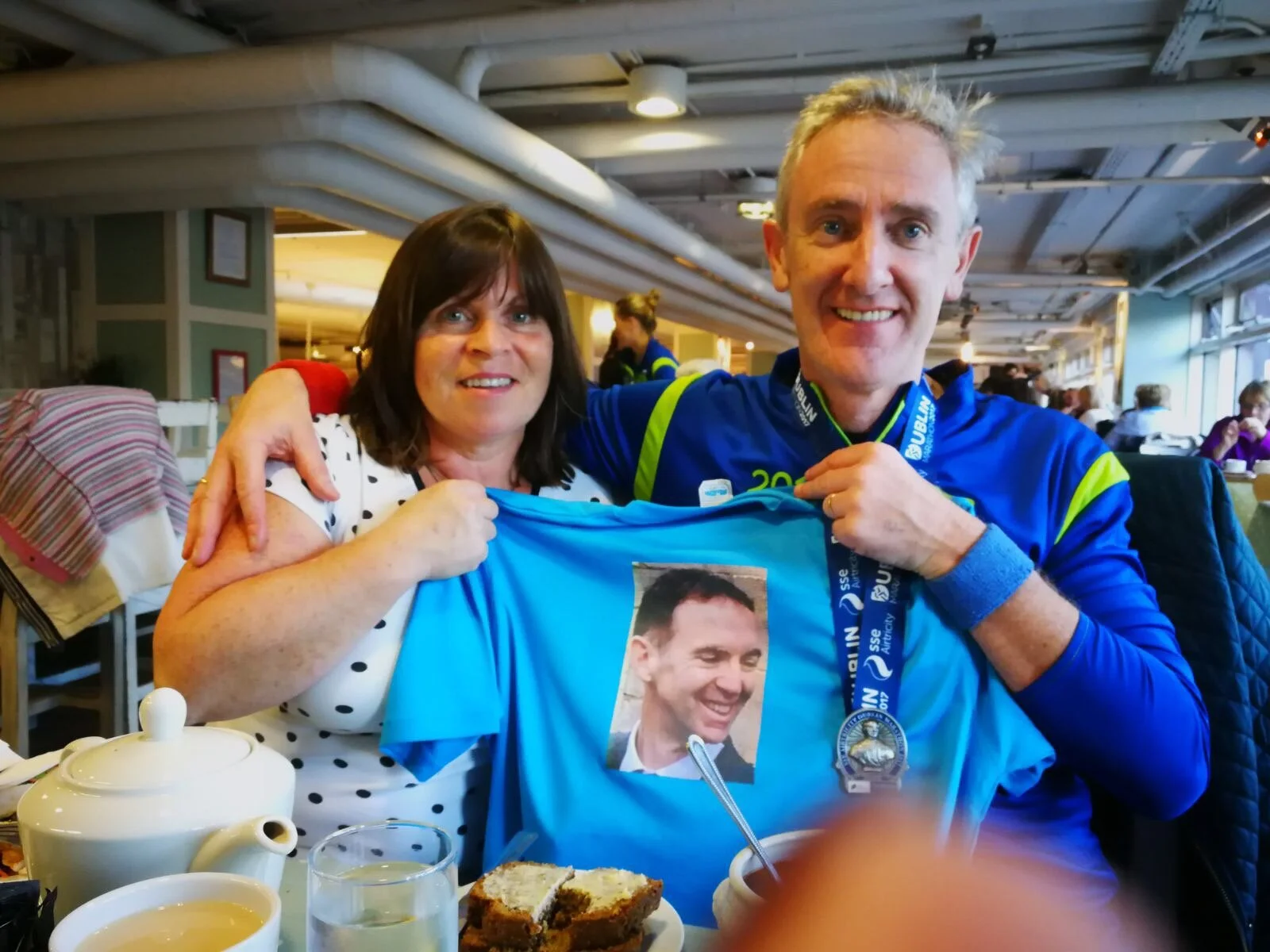Are the first 100 days important? An Executive Coaching story
The stakes are high for both new executives and their new employers. Both have taken risks and are heavily invested in each other. Success or failure for one is success (or failure) for the other. Ray Williams (2010) says “the evidence for failure for newly appointed and promoted executives in both the corporate and non-profit sectors is alarming” and cites Harvard Business School reporting a 40% to 60% failure rate of U.S. executives in 2003.
But the good news is that action can be taken to dramatically increase the likelihood of mutual success.
A short story from an executive who recently came to me for “on-boarding” coaching should help illustrate the point. The newly appointed executive (let’s call her Olivia) had moved into a senior role with a new employer and was heading up a new business area. Business development, which had previously been only a minor part of her role was now critical, as was the provision of expert advice to colleagues in her chosen area. In her new position she had a Line Manager who had no experience in her area of expertise and Olivia was feeling somewhat exposed in these uncharted waters.
I asked her how she would know if she was meeting the expectations of her new employer….there was a vague reference to ‘financials don’t really count in year one’ and then some silence……then she offered that she ”really didn’t know”. After some conversation and exploration of options she decided that a key action for her was to have an open and honest conversation with her Line Manager around this question with the objective of putting them ‘on the same page’…aligning expectations and obtaining feedback. Worries about second guessing and derailment could be set aside and replaced with aligned goals and expectations.
I met Olivia a few weeks later and she had told me that she had a really useful conversation with her Line Manager who agreed to provide critical feedback. Her open approach has helped to build a more fearless and collegiate operating atmosphere.
Learning
What took place?
For Olivia, an unspoken question became spoken, the unknown was put to one side and she now has open and constructive conversations with both her Line Manager and peer managers that help Olivia measure how she is performing. She receives feedback which helps her align her career goal with the organisation’s goal of developing a successful new business line. Executive Coaching helped Olivia find her courage to seek open and honest conversations that will help her thrive in her new environment. And yes, we agree, the first 100 days are important as the arena to set pivotal processes in place, and to identify and ask key questions, the answers to which will inform the next 100 days, and the next…
Reference
Williams, R. (2010) ‘CEO Failures: How On-Boarding Can Help’. Psychology Today, Blog, 2 May 2010. Available at: https://www.psychologytoday.com/blog/wired-success/201005/ceo-failures-how-boarding-can-help





